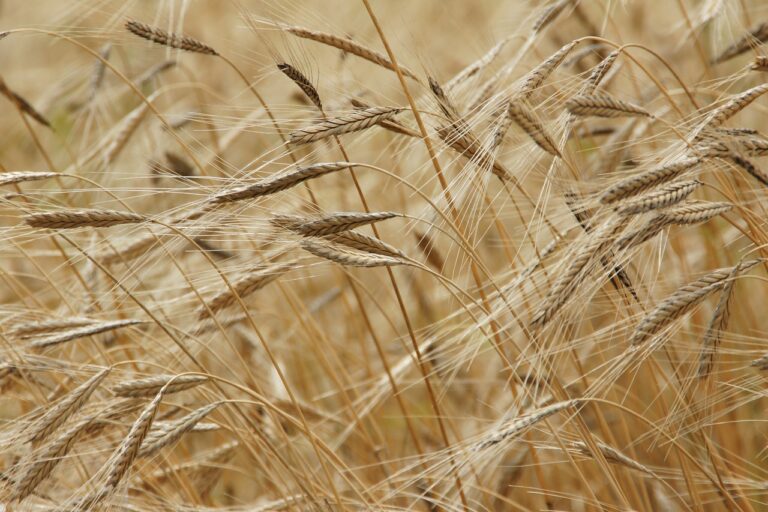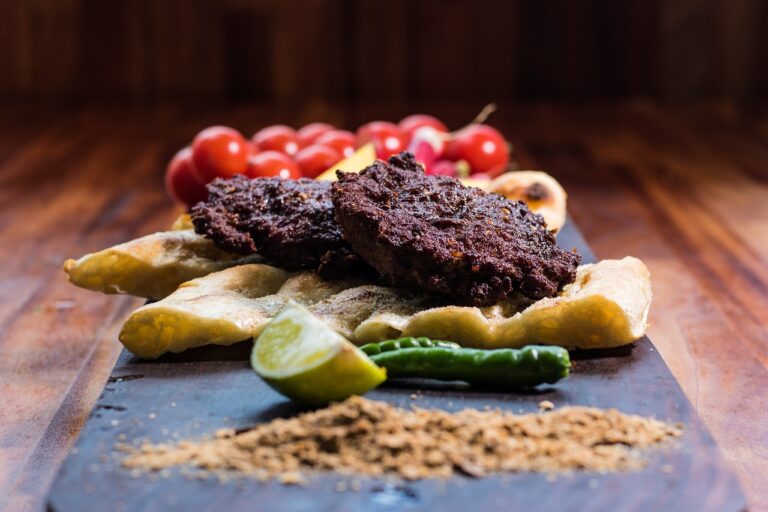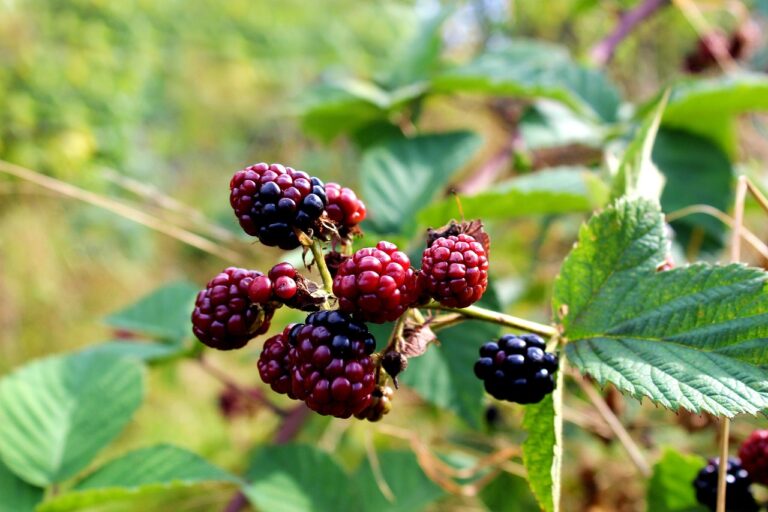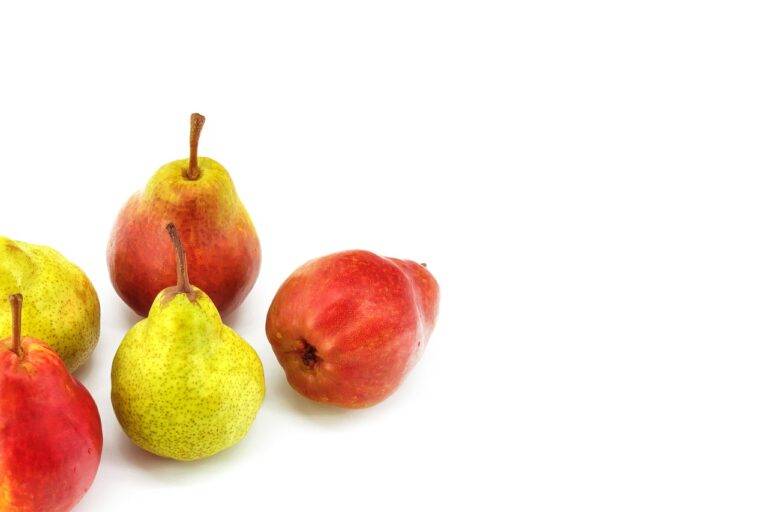Understanding the Link Between Diet and Gut Microbiota Health: Allpaanel mahadev book, Lotus book 365 registration, Laserbook 247
allpaanel mahadev book, lotus book 365 registration, laserbook 247: Understanding the Link Between Diet and Gut Microbiota Health
Have you ever felt the effects of an upset stomach after indulging in a heavy meal or experienced bloating and discomfort after consuming certain foods? These symptoms could be a sign of an imbalance in your gut microbiota, the diverse community of bacteria, fungi, and other microorganisms that reside in your gastrointestinal tract.
Research has shown that the health of your gut microbiota is closely linked to the foods you eat, with certain dietary choices having a profound impact on the composition and function of these microorganisms. In this article, we will explore the intricate relationship between diet and gut microbiota health, and how you can optimize your gut health through mindful eating habits.
The Basics of Gut Microbiota
Before diving into the connection between diet and gut microbiota health, it’s essential to understand the basics of gut microbiota. The human gut is home to trillions of microorganisms, collectively known as the gut microbiota. These microorganisms play a crucial role in various physiological processes, such as digestion, nutrient absorption, and immune function.
A healthy gut microbiota is characterized by a diverse and balanced community of microorganisms. When this balance is disrupted, it can lead to dysbiosis, an imbalance in the gut microbiota associated with various health issues, including gastrointestinal disorders, obesity, and autoimmune diseases.
Diet and Gut Microbiota Health
Several factors influence the composition and diversity of the gut microbiota, with diet being one of the most significant. The foods you eat can directly impact the growth and activity of different microorganisms in your gut, shaping the overall health of your microbiota.
1. Fiber-Rich Foods: One of the key components of a gut-friendly diet is fiber. Fiber serves as a prebiotic, a type of indigestible carbohydrate that fuels the growth of beneficial bacteria in the gut. Foods rich in fiber, such as fruits, vegetables, whole grains, legumes, and nuts, can promote the growth of diverse bacterial species, helping maintain a healthy gut microbiota.
2. Fermented Foods: Fermented foods, such as yogurt, kefir, sauerkraut, and kimchi, contain probiotics, live microorganisms that confer health benefits when consumed in adequate amounts. Probiotics help restore the balance of the gut microbiota, improve digestion, and strengthen the immune system.
3. Polyphenol-Rich Foods: Polyphenols are plant compounds found in foods like berries, nuts, seeds, and green tea. These compounds have antioxidant and anti-inflammatory properties, which can support the growth of beneficial bacteria in the gut and reduce inflammation.
4. Avoiding Processed Foods: On the other hand, consuming a diet high in processed foods, added sugars, and unhealthy fats can negatively impact the gut microbiota. These foods can promote the growth of harmful bacteria and disrupt the balance of the gut microbiota, leading to inflammation and digestive issues.
By prioritizing a diet rich in fiber, fermented foods, and polyphenols, while minimizing processed foods and sugars, you can support the health of your gut microbiota and promote overall well-being.
FAQs
1. How quickly can diet impact gut microbiota health?
The effects of diet on gut microbiota health can be seen relatively quickly, with changes in the composition and diversity of the gut microbiota occurring within days or weeks of dietary changes.
2. Can supplements help improve gut microbiota health?
While dietary supplements like probiotics can be beneficial for gut health, it’s essential to prioritize a balanced diet rich in fiber, fermented foods, and polyphenols for long-term gut microbiota health.
3. What are some signs of an unhealthy gut microbiota?
Symptoms of an unhealthy gut microbiota include digestive issues like bloating, gas, constipation, diarrhea, as well as inflammation, fatigue, and weakened immune function.
4. How can I maintain a healthy gut microbiota?
To maintain a healthy gut microbiota, focus on eating a diverse range of whole foods, including fiber-rich fruits and vegetables, fermented foods, and polyphenol-rich items, while limiting processed foods and sugars. Additionally, stay hydrated, manage stress, and prioritize regular physical activity.
In conclusion, the link between diet and gut microbiota health is undeniable, with the foods you eat playing a significant role in shaping the composition and function of your gut microbiota. By making mindful dietary choices that prioritize fiber, fermented foods, and polyphenols, while avoiding processed foods, you can support a healthy gut microbiota and enhance your overall well-being. Remember, your gut health is in your hands feed it well.







